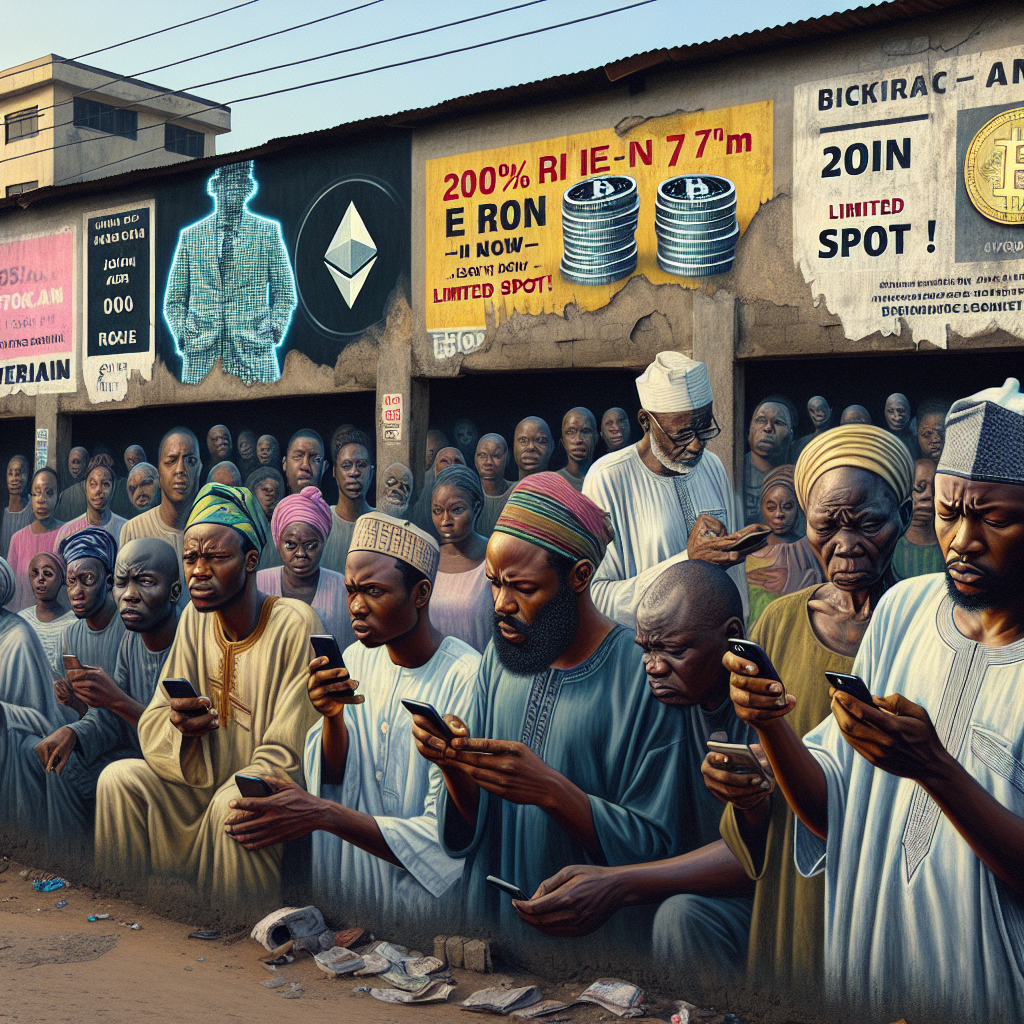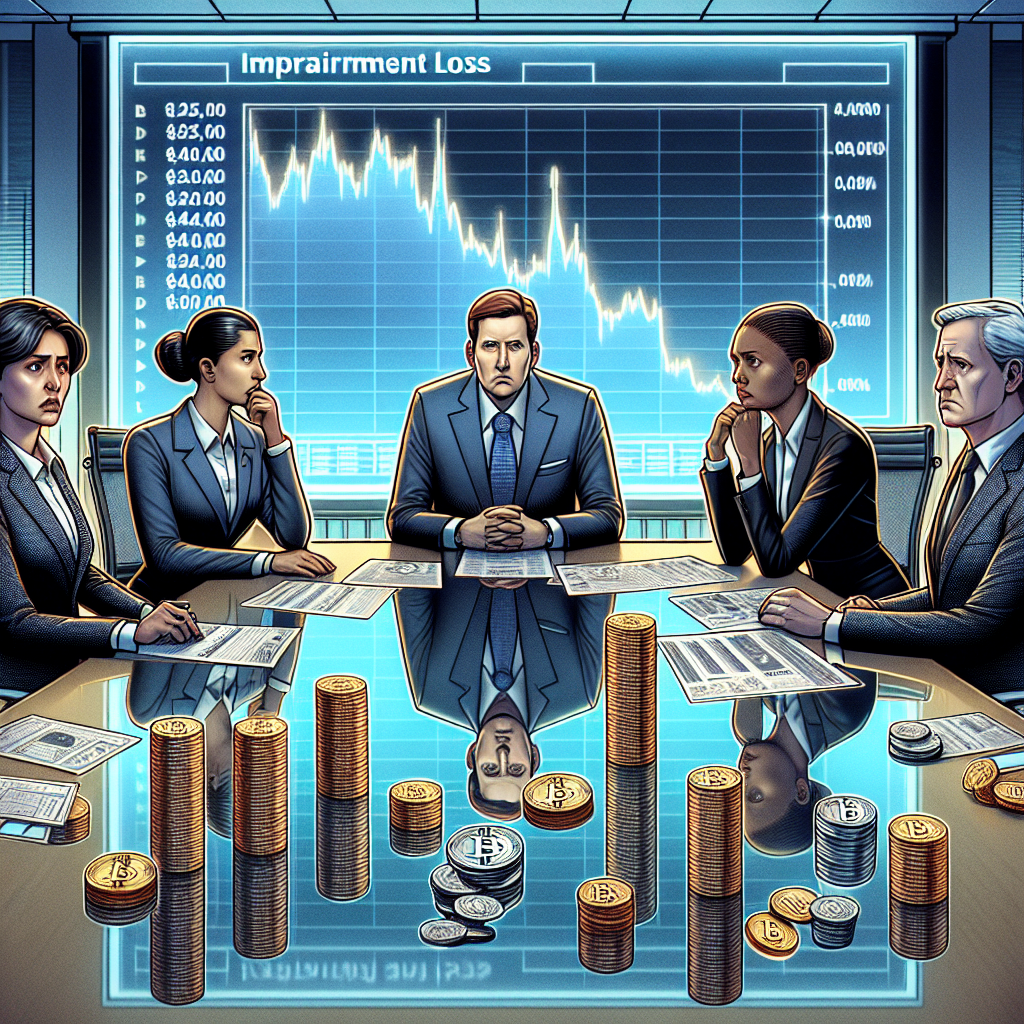Listen up, Nigeria—because the crypto chaos cometh, carrying with it the shattered dreams of the gullible and the finely lined pockets of digital con artists who know exactly where to strike: your wallets, your hopes, and your dangerously low financial IQ.
Yes, you read that right—Ponzi is back, but this time, he’s sleek, he’s digital, and he’s armed with a whitepaper. The battlefield? WhatsApp groups. The weapon? Blockchain buzzwords. The victims? Everyday Nigerians trying to escape the economic chokehold that Abuja refuses to unfasten.
Now, I’m not here to blame the victims. Not when fuel is flirting with ₦700 per litre and our dear naira faints at the mere mention of “exchange rate.” But let’s call a spade what it is—not a silver-plated investment opportunity. Nigerians are walking into crypto scams like lambs to the slaughter, herded not just by greed, but by hunger, fear, and the illusion of quick salvation.
“I invested in a Ponzi scheme,” one victim admitted, eyes glazed with defeat as if confessing to a digital sin in this new age gospel of get-rich-or-die-clicking.
And who do we blame? Let me count the culprits. First up: financial illiteracy, which is running wild in our streets like a toddler with a taser. People are buying into crypto platforms run by faceless avatars, promising 200% returns in a week—returns so unrealistic, even your broke uncle knows it’s a lie.
Second: regulation. Or should I say, the Nigerian government’s ghostly presence in the financial tech space. The Securities and Exchange Commission spends more time penning toothless circulars than crafting real frameworks. Our regulators keep playing blindfolded musical chairs while scammers write the rules.
Third on this unholy list? Greed—yes, that all-too-human Achilles heel. The same greed that made folks sell their ancestral land to “invest” in blockchain pyramid schemes run out of Turkish cafes. Don’t act surprised. Remember MMM? History doesn’t just repeat itself in Nigeria—it goes platinum.
And then comes poverty. Ah, yes, the silent killer of judgment. When a mother can’t afford to feed her kids, and a father hasn’t seen a paycheck since Goodluck Jonathan’s last election rally, even the most ridiculous “smart contract” starts looking like a lifeline.
Here’s what Nigeria won’t hear on prime-time NTA, but I’ll punch it straight: until we educate our people, regulate our markets, and refuse to normalize economic despair, this crypto madness will keep feeding on us like mosquitoes during PHCN blackouts.
Crypto itself isn’t the devil; it’s only a tool. But in the wrong hands—and unknowing minds—it becomes a weapon of mass deception. It’s not about blocking innovation, it’s about unblocking common sense. If your investment sounds like a riddle from a drunk prophet, it just might be.
Now to my fellow political hawks in Abuja, Lagos, and beyond: while you’re busy chasing press ops in Davos, your citizens are downloading their destinies off Telegram links sent by self-declared “Bitcoin Bishops.” Scams thrive where governance dies. And in this current economic autopsy, the stench is unmistakable.
So here’s the final word, clean and guttural: the Nigerian crypto scam epidemic isn’t just a financial issue, it’s a political reckoning. If you can’t fix the economy, at least fix the script. Educate the people or stop pretending to lead them. Because in this Ponzi-powered dystopia, it’s not just wallets that are empty—it’s trust.
And trust, once lost, becomes the most expensive thing to recover.
The game’s on—and I play to win.
– Mr. 47







